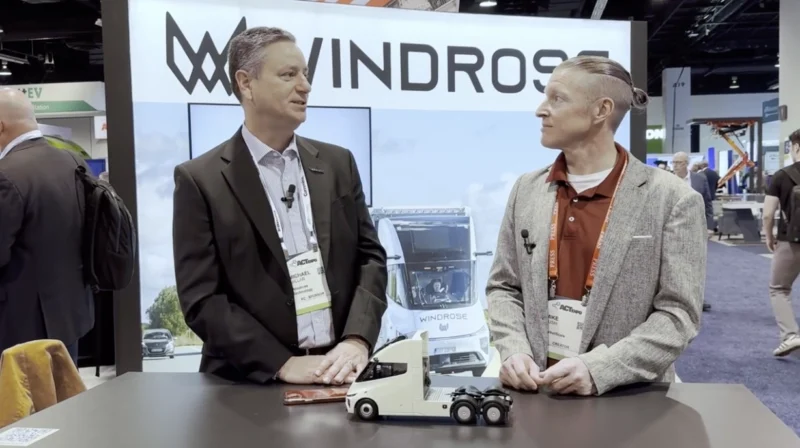E-Scooters––A Better Alternative to E-Bicycles
Henry Ford famously said, “If I had asked people what they wanted, they would have said faster horses.”
In other words, while people often understand a problem, they may use old paradigms that produce a less innovative solution. Take the issue of the “last mile”. Most major cities offer public transportation such as subways, commuter trains, elevated rail, and busses. But how can commuters get to their final destination from the station or bus stop? Segway Founder Luke Gao commented jokingly: “Many companies decided that since many consumers seemed to want bicycles, manufacturing e-bicycles powered by a motor was the obvious and easy conclusion.” But as Henry Ford pointed out, people don’t necessarily know what they want. Instead, they vote with their wallets. Data by shared micro-mobility companies have shown a more innovative solutions has emerged: the e-scooter. Studies by these companies also independently have shown that given the choice, riders tend to choose e-scooter over e-bikes in the ratio of 5:1!
Personal Electric Vehicles are Helping to Fill the Transportation Gap
Of course, the last mile issue is not new. For decades, commuters in cities have walked or taken a taxicab from public transportation to speed up their commute. And the advent of ride-sharing programs is just a new twist on an old theme. Today’s commuters, however, want solutions that are quick and convenient. This has led to the development of smaller personal electric vehicles, such as electric bicycles and electric scooters. This innovative form of one-person transportation presents a cost-effective, eco-friendly way to move around a crowded urban environment.
E-Scooters Have Clear Advantages over E-Bikes
E-scooters and e-bikes are both viable alternatives for city commuting, but when you compare the two, electric scooters have a number of clear advantages. Compared with electric bicycles, e-scooters are smaller and more lightweight. That means they can be easily folded and carried into an office or onto public transportation. Typically, e-scooters are also less expensive, making them perfect for folks who already must contend with the high costs of living in a major city. Because they’re compact and maneuverable, many times an electric scooter will get commuters to their destinations faster than an e-bike. Better yet, they won’t arrive as a sweaty mess in wrinkled clothes. Finally, compared to e-bikes, e-scooters are approachable and easy to use, leading to perhaps the biggest advantage of all: e-scooters are fun!
KickScooters Powered by Segway Lead the Way
Consumers have voted, and e-scooters are the clear winner. That explains that why Segway is far ahead of the competition who fell into the “fast horse” trap. Luke Gao, CEO of Segway-Ninebot, had a vision that led to the early development of Powered by Segway scooters.
“Three years ago, we studied the form factor of a kick scooter. We found it was the most optimized and compact form, yet it’s easy to learn and ride. It also gave you sense of safety as your feet are closer to the ground. We immediately kicked off three teams to simultaneously develop and manufacture different models of kick scooter products. This vision paid off, and recently it proved to be a significant advantage compared to our competitors both in terms of scalability and speed to market.”
Today’s urban commuters want speed, affordability, and convenience. The KickScooter Powered by Segway is an ideal solution. The Net Scooters, for example, delivers enhanced speed and range, while also being comfortable and lightweight, making it an ideal choice for city-based commuters looking for an innovative and enjoyable way to cover the last mile.
Learn more at PoweredBy.Segway.com!









